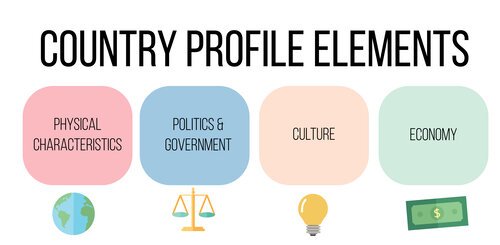Country Profile
Having an underlying understanding of the fundamental characteristics of your country will allow you to better understand policy decisions and positions later in your research. It will also make it easier to behave as a representative of your country in committee. Developing a document to serve as your country profile will also help you ease into the research process.
Below are a few key resources you can reference to get the ball rolling.
Physical Characteristics
Your basic geographic research will allow you to physically orient yourself around the other delegates in committee. You should be able to answer the following questions:
What is your country’s official name?
What region of the world is your country located in?
How big is your country? (square miles)
Who are your country’s neighbors?
How would you describe your country’s physical features and climate?
POLITICS & Government
Understanding the politics and governmental structure that underly your country's international relations policies will be essential in you properly representing your country. You should be able to answer the following questions:
What type of government does your country have?
How many people serve in your country’s military?
What is the composition of the military across the land, air, and sea forces?
Who are your country’s allies? Enemies?
Is your country currently involved in any conflicts, either civil or international?
CULTURE
Culture has a huge influence on policy. You should also be able to identify the following cultural aspects of your country:
What is your country’s population?
What is your country’s ethnic composition?
Are there current ethnic conflicts within your country?
What languages are spoken? Which is the official language?
How would you describe the quality of life in your country?
You can measure this by GDP, the Happiness Index, or whichever metric your country chooses to focus on.
What are some of your country’s social norms and values?
ECONOMY
The economic capabilities of your country have a direct impact on their influence on and contribution to international bodies. In researching your country's economy, you should be able to answer the following questions:
What is your country’s total Gross Domestic Product (GDP)?
What are some of your country’s largest natural resources?
What are your country’s major imports and exports?
Who are your country’s biggest trading partners?

